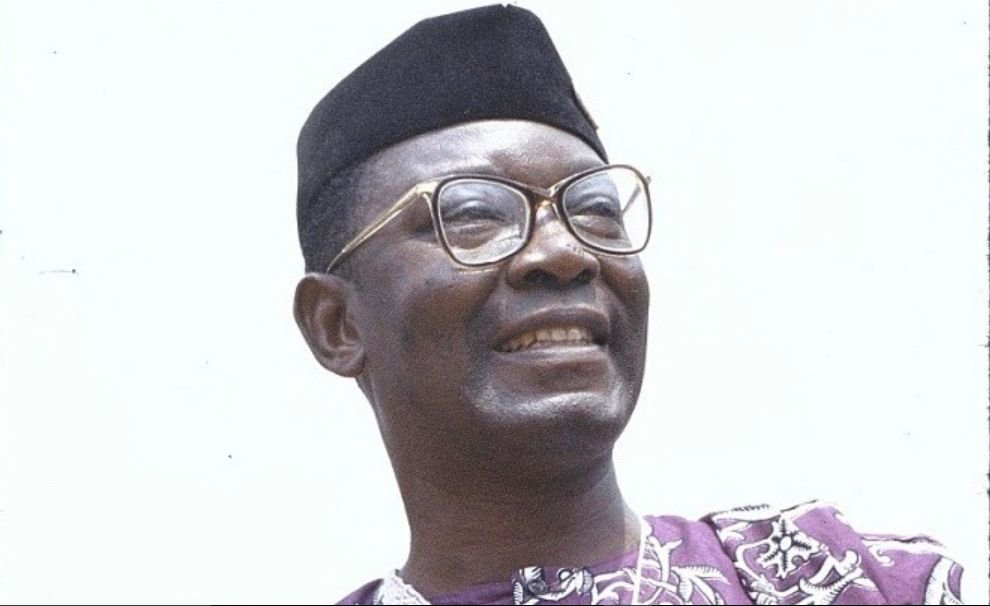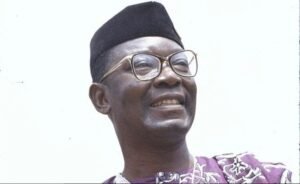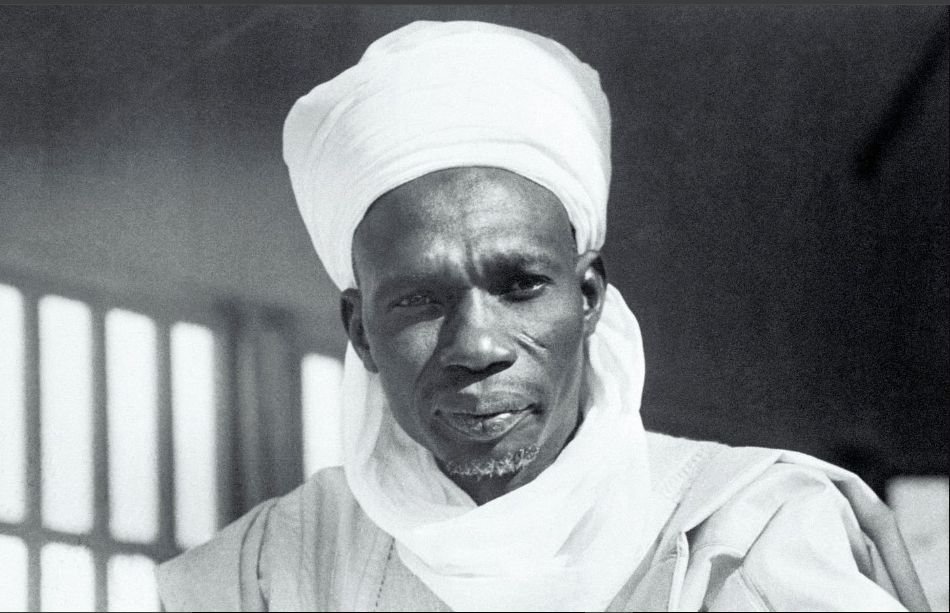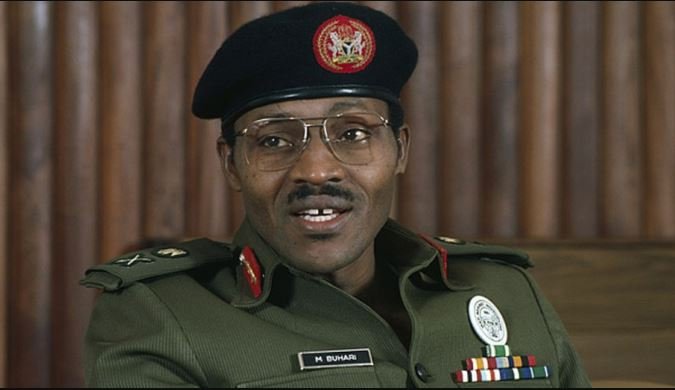
Who Was The First Senate President Of The Federal Republic Of Nigeria?
Nnamdi Azikiwe was the first Senate President of the Federal Republic of Nigeria. Known as “Zik of Africa,” was elected as the inaugural Senate President when Nigeria transitioned from a British protectorate to a federal republic in 1963.
He took office on October 1, 1963, the same day that Nigeria officially became the Federal Republic of Nigeria. Nnamdi Azikiwe wasn’t just a politician, but a leader who spearheaded the fight for independence, championed national unity, and left an enduring legacy.
Born in 1904 in northern Nigeria to Igbo parents, Azikiwe’s upbringing exposed him to Nigeria’s diverse ethnicities. This instilled in him the importance of unity and a pan-Nigerian identity.
READ ALSO: Complete List Of Senate Presidents of Nigeria From 1960 Till Date
He traveled to the United States in the 1920s, where his exposure to ideas of self-determination fueled his nationalist spirit.
Upon returning to Nigeria, Azikiwe established influential newspapers like the West African Pilot and the Nigerian Daily Times.
These became powerful platforms to advocate for self-governance, criticize British colonial rule, and mobilize Nigerians towards independence.
His fiery editorials and charismatic speeches resonated with the masses, making him a leading voice in the independence movement.
Azikiwe’s political understanding was clear in the founding of the National Council of Nigeria and the Cameroons (NCNC) in 1944.
This nationalist party aimed to unite Nigerians across ethnic and regional divides. The NCNC’s platform emphasized social justice, economic development, and a united, independent Nigeria.
Nigeria’s path to independence involved regional self-government. Azikiwe became the Premier (leader) of the Eastern Region in 1954.
During this time, he focused on economic development, establishing infrastructure projects, and promoting industrialization.
He supported education, founding the University of Nigeria at Nsukka. Nigeria’s independence in 1960 was a great moment.
Azikiwe, a national hero, became the country’s first President (1963-1966). His presidency focused on national unity and building strong diplomatic ties with other African nations. However, regional tensions and political instability posed significant challenges during this period.
READ ALSO: Who Is The Senate President Of Nigeria? (Currently)

How Nigerians Remember Nnamdi Azikiwe Today
Undoubtedly, Azikiwe is a national hero as his tireless commitment to independence and his role in uniting Nigerians across ethnicities firm this status.
Many Nigerians see him as the “father of Nigerian nationalism,” the one who led the way in the fight for self-determination and guided the nation towards a new era.
His passionate speeches and powerful use of the press mobilized Nigerians towards a common goal, promoting a sense of national pride that continues to reverberate today.
Azikiwe’s legacy grows beyond the political sphere. He was an advocate for education, believing it to be the cornerstone of a strong and prosperous Nigeria.
The establishment of the prestigious University of Nigeria, Nsukka, stands as proof of his vision. His focus on regional development during his time as Premier of the Eastern Region is also remembered positively.
He prioritized infrastructure projects and promoted industrialization, laying the groundwork for economic growth. Azikiwe wasn’t just a leader for Nigeria; he envisioned a unified and influential Africa.
His belief in Pan-Africanism continues to inspire many Nigerians who dream of a strong and united continent. He actively promoted diplomatic ties with other African nations and advocated for collaboration on issues of mutual interest.
Despite his immense contributions, some aspects of Azikiwe’s legacy are subject to debate. Critics point to his handling of regional tensions during his presidency.
Nigeria is a nation of diverse ethnicities, and some argue that Azikiwe could have done more to bridge these divides and encourage greater national unity.
Reference Resources:


